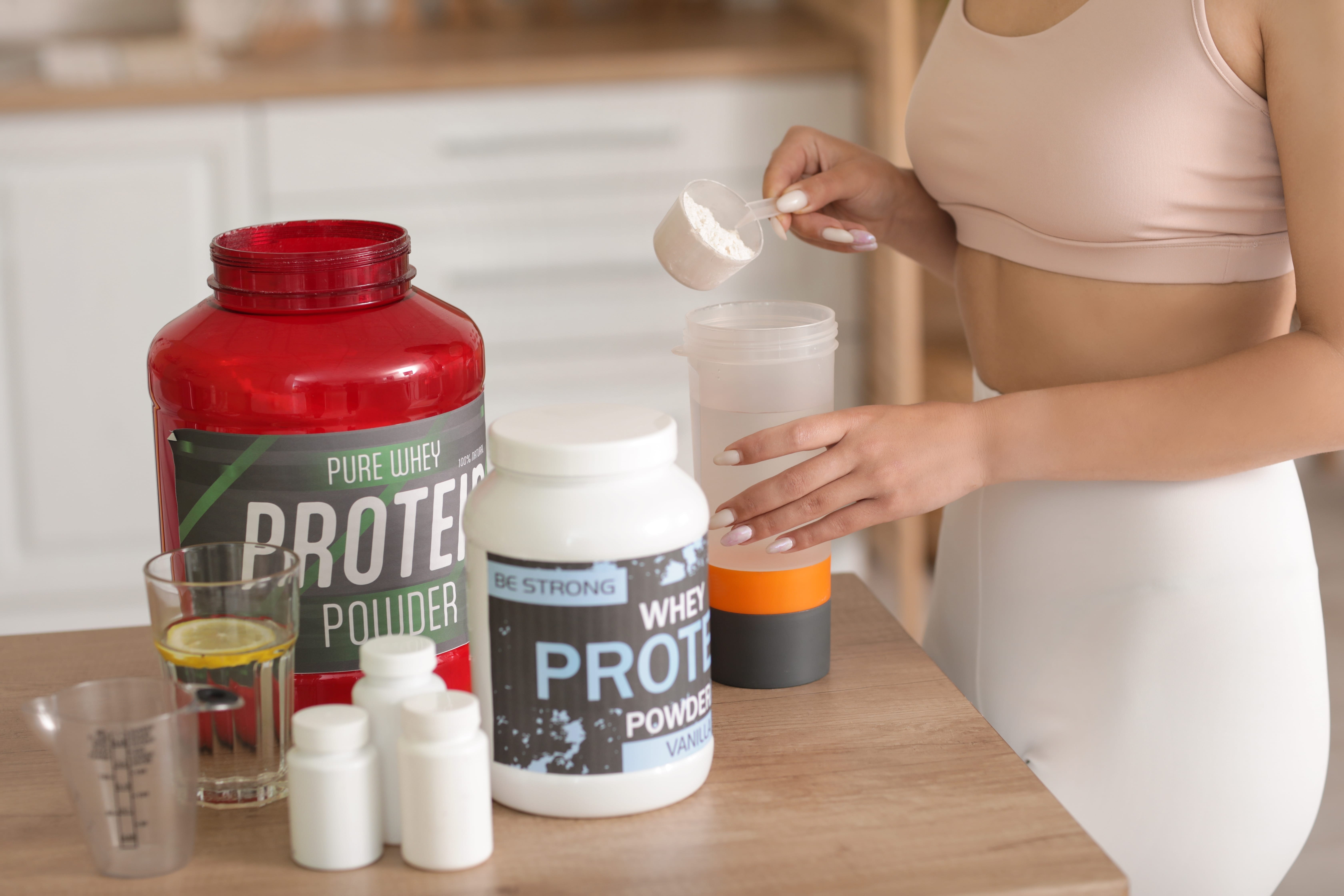From maintaining muscle mass to supporting overall bodily functions, protein is essential for a well-balanced, healthy lifestyle. It’s the second most common molecule in the human body, after water, and every cell in your body requires it to function properly. However, if you don’t get enough protein, your body will conserve it for vital organs and let less important parts break down.
What Happens When You Don’t Get Enough Protein?
When you don’t consume enough protein, your body prioritizes protecting vital organs, like the brain and heart, and reduces the function of non-essential parts, like your skin, hair, and nails. Imagine trying to build a house but running out of materials halfway through – you’d focus on completing the essential rooms, like the kitchen and bathroom, but skip the less critical spaces like the living room. That’s similar to what happens when your protein intake is low.
How Much Protein Do College Students Need?
While it might be tempting to indulge in junk food during late-night study sessions, it’s important to incorporate high-protein foods into your daily routine to replenish what’s lost. The general recommendation for protein intake in the U.S. is around 0.36g per pound of body weight. For example, a 150-pound person should aim for at least 54g of protein per day. However, if you’re a college athlete or working out regularly, you may need up to 1g of protein per pound of body weight. So, if you’re lifting weights or engaging in physical activities regularly, you could need up to 150g of protein a day.
The Impact of Protein on Skin, Hair, and Nails
Protein doesn’t just help you build muscle – it’s essential for healthy skin, hair, and nails. Collagen, a protein that makes up 30% of all the protein in your body, plays a critical role in skin elasticity and health. Protein deficiency can lead to dry, dull skin, and it’s often one of the first signs that your body isn’t getting the nutrients it needs.
Your hair and nails also rely on a protein called keratin. If you’re not consuming enough protein, your hair may become thin, brittle, and prone to falling out. Similarly, your nails may become weak and easily breakable. To avoid these problems, consider including high-protein foods in your diet, such as fish or nuts, especially if you’re aiming for that glowing complexion and stronger hair while navigating the stress of college life.
Hormones and Enzymes: How Protein Helps
Protein is crucial in the production of hormones and enzymes, which help maintain balance within your body. Insulin, a vital peptide hormone, regulates blood sugar levels and helps your body build both muscle and fat tissue. Protein is also a key component in digestive enzymes, which break down the food you eat and help absorb essential nutrients.
Get Your Protein for Better Student Health
For college students, maintaining a high-protein diet is key to supporting your academic, physical, and overall well-being. Whether you’re staying up late to study or balancing physical activities, protein helps fuel your body for success. Try to include a high-protein food with each meal. Foods like Greek yogurt, eggs, chicken, and canned fish are easy to store and carry, making it simple to maintain a protein-rich diet. With proper protein intake, you’ll not only boost your academic performance, but you’ll also keep your body healthy and strong as you take on the challenges of student life.





